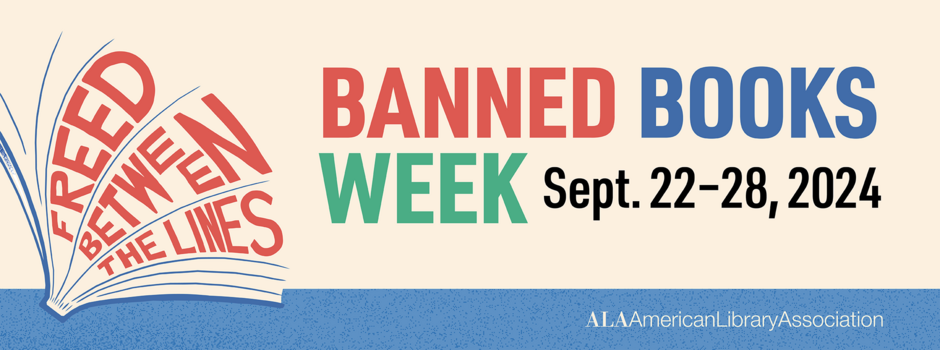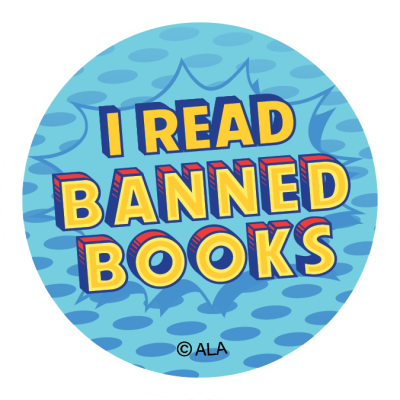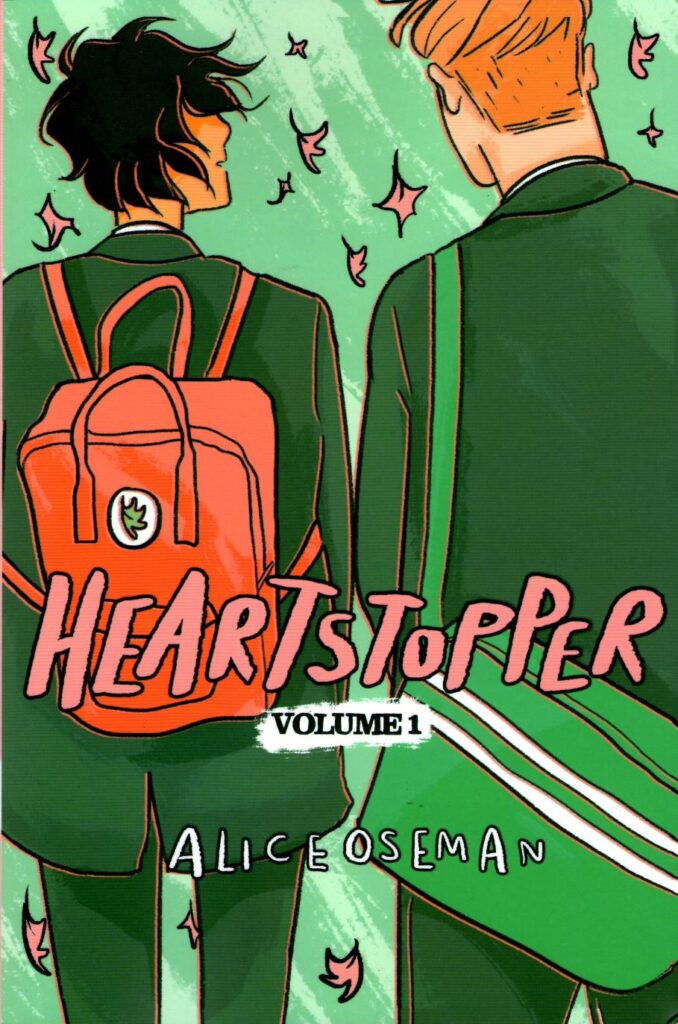Earlier this year, I stood up against book banning in my town when a few parents challenged the inclusion of the Heartstopper graphic novels by Alice Oseman in middle school libraries. I spoke and wrote about this experience across all my social media accounts and sent letters to school officials and my local media outlets. You can read my open letter and find links to some of the news coverage sparked by the attempted book ban in my post “Heartstopper by Alice Oseman Should Not Be Banned From Middle School Libraries.”
While the book ban attempts in my town were defeated, there are many towns across the United States where this is not the case. The American Library Association just released their “2024 Preliminary Book Ban Data.” It shows a small decline in book challenges from 2023, but the numbers were still way ahead of the numbers prior to 2020. This data is pulled from reported instances and media coverage, but all book challenges and bans are not given these, so the numbers don’t give the whole picture.
The ALA also noted that data doesn’t take into account soft censorship. They stated, “Additionally, instances of soft censorship, where books are purchased but placed in restricted areas, not used in library displays, or otherwise hidden or kept off limits due to fear of challenges illustrate the impact of organized censorship campaigns on students’ and readers’ freedom to read. In some circumstances, books have been preemptively excluded from library collections, taken off the shelves before they are banned, or not purchased for library collections in the first place.”
They shared this data ahead of Banned Books Week, which is happening right now. But the fight against book bans shouldn’t only be talked about one week of the year. Book challenges happen all the time, and there are ways to combat them.
- Get educated about books challenges. Here are some good places to start: ALA Banned & Challenged Books, Banned Books Week, Authors Against Book Bans.
- Be Proactive. Write an email to school administration saying you trust the professionals (i.e. school librarians and teachers) to select books for school libraries, even if there are no book challenges in your area. Find out what the policies are in your communities. Show support to your public librarians by mentioning how you appreciate the Banned Books or Pride Week displays. Read banned books, and not just the classics. Check out the banned books lists and support the living authors who are being affected by these bans.
- Pay attention and make your voice heard. I was alerted to the book challenges in my town when I happened to come across an article from a local newspaper on my Facebook feed. Then I went to work to educate myself (I had already read the books in question and had lots of resources at hand), so I could respond quickly and share my voice in support of the books. So often, it’s the would-be book banners that have the loudest voice, and those of us in favor of freedom of reading need to be loud as well.
- Volunteer or run for office in your community. This one’s a bit harder as it usually means a significant time commitment. But if you do have the ability and time, positions that support schools and libraries include running for a Library Board or Board of Education position or volunteering for your local library group (often called Friends of the Library).
Also, read this Book Riot article by Kelly Jensen “How to Fight Book Bans in 2024.”






















